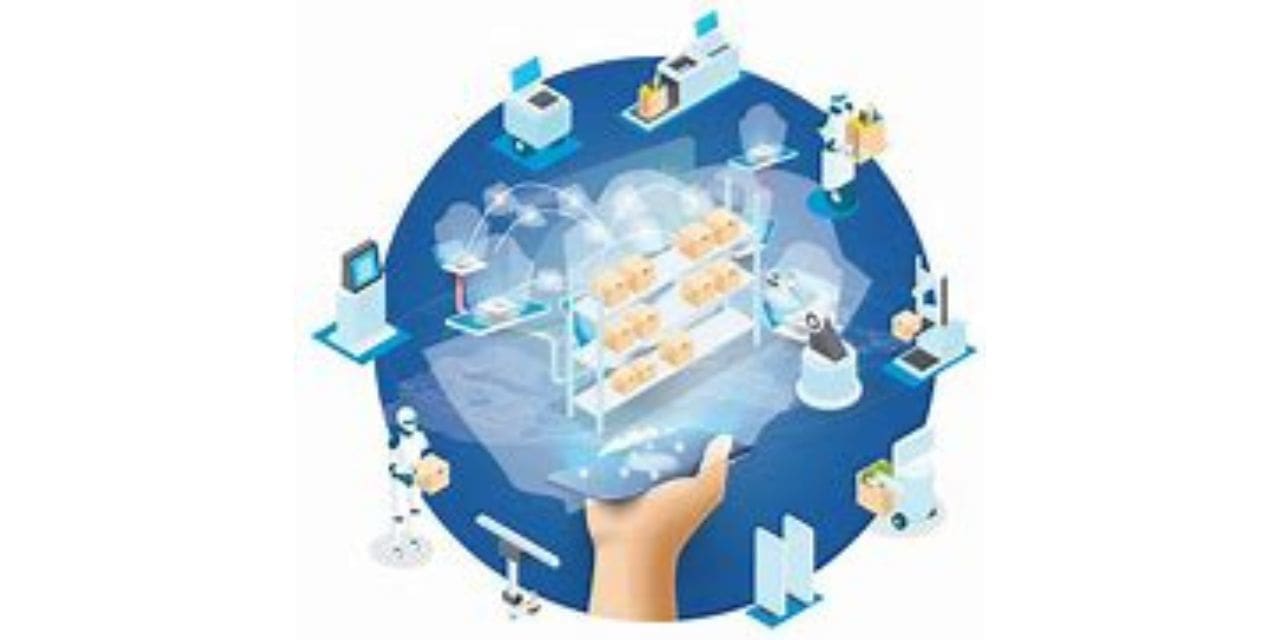Digitalization and Industry 4.0 are two trends that can help the textile industry overcome challenges such as supply chain disruptions, climate change, and changing consumer preferences. Digitalization refers to the integration of digital technologies into business processes, while Industry 4.0 is the integration of digital technologies into all aspects of manufacturing.
In the textile industry, digitalization is transforming manufacturing processes through automation and data analytics. Robotics and artificial intelligence are optimizing production, while data analytics is monitoring and improving various aspects of manufacturing. Digitalization is also transforming the supply chain through blockchain technology and digital platforms that facilitate communication and collaboration between different players.
Industry 4.0 is creating smart factories in the textile industry that are more efficient, flexible, and sustainable. Integration of sensors and other IoT devices is optimizing production in real-time, leading to higher yields and lower costs. Automation is reducing labour costs, and intelligent systems are being created by integrating automation technologies with machine learning and predictive analytics.
India is at the forefront of both digitalization and Industry 4.0 in the textile industry. India is the second-largest manufacturer of PPE in the world, and its textile industry is expected to reach $250 billion by 2025. Indian researchers have developed an innovative green technology called air nanobubbles that can reduce water usage in the textile sector by up to 90 percent.

